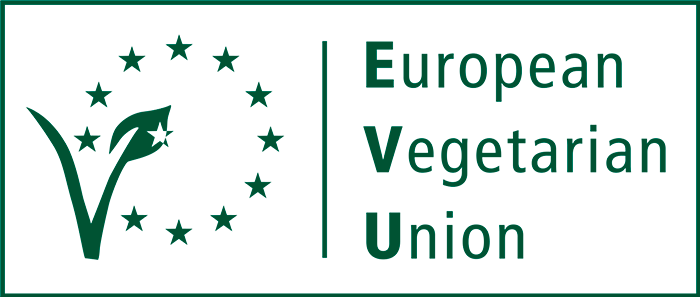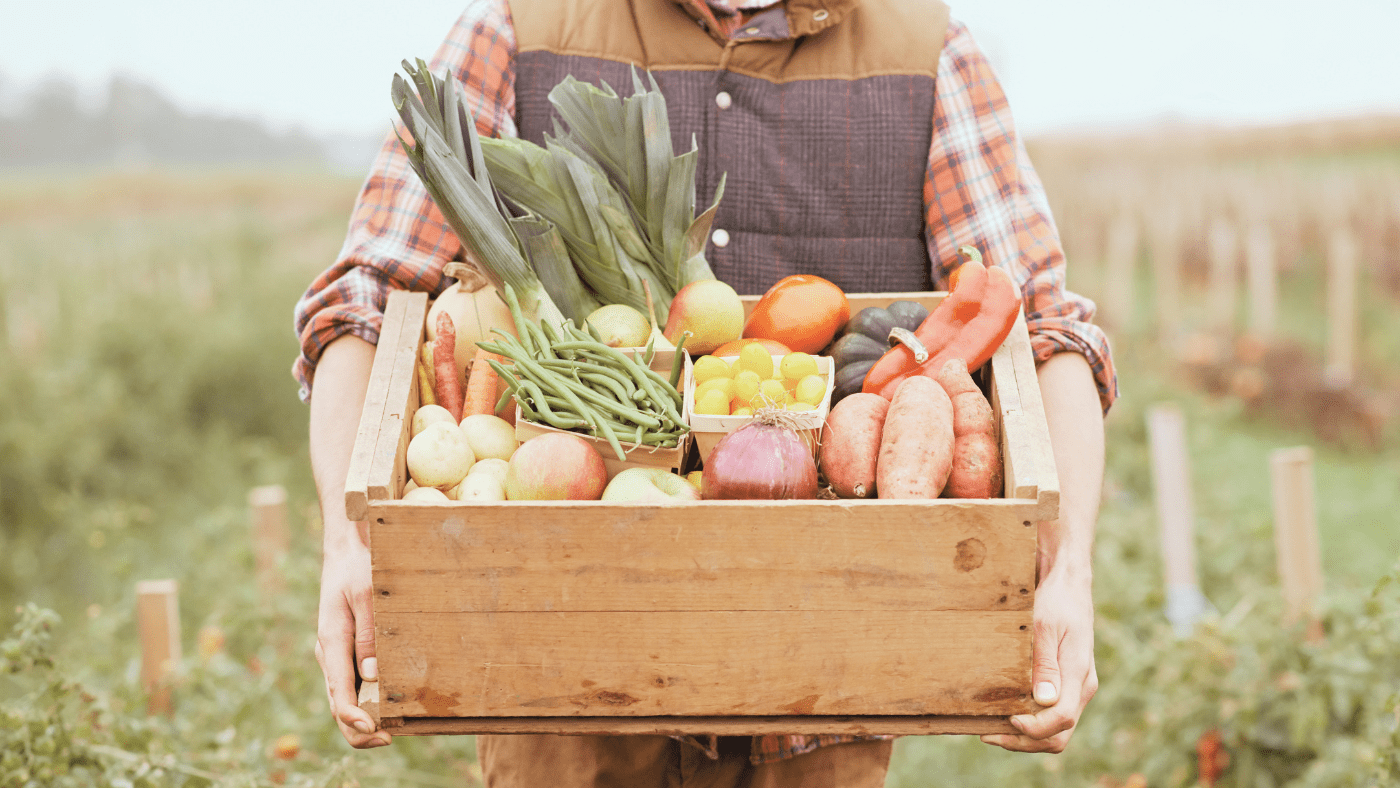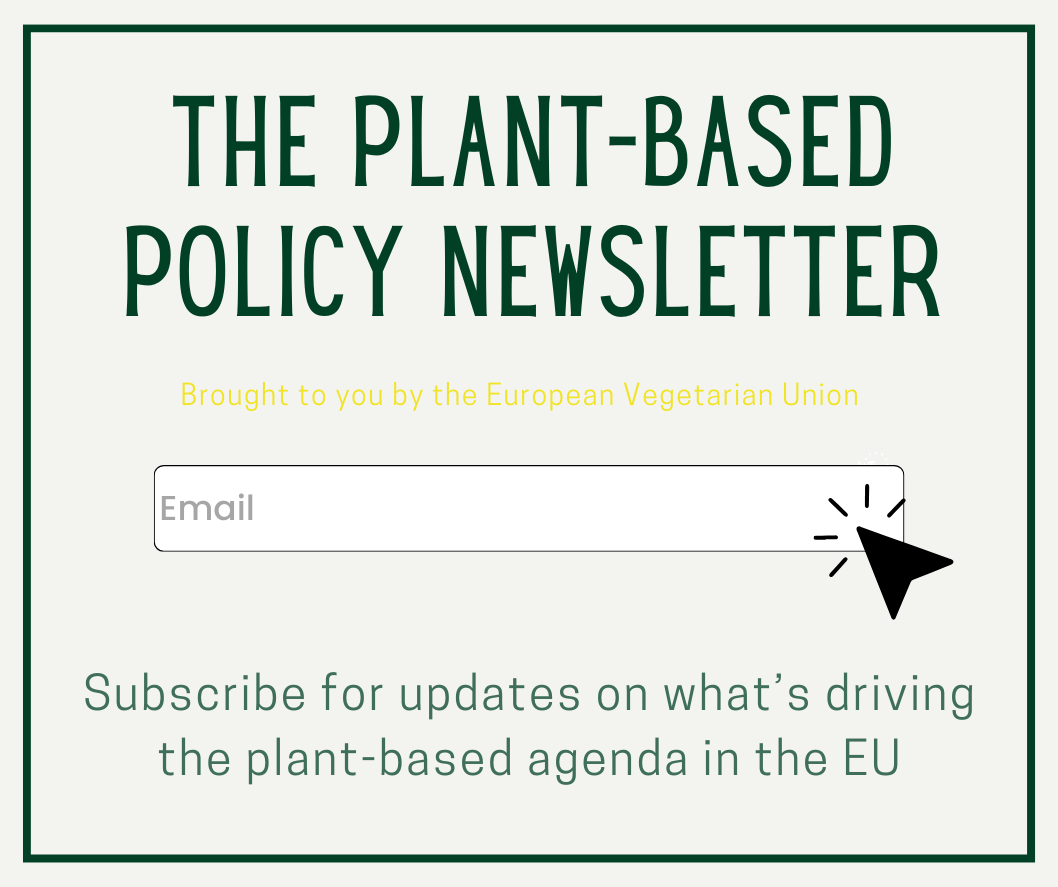The agricultural sector is crucial to Europe’s heritage, supporting communities, generating employment, and providing food on our tables. But farmers are expressing anger and frustration over a range of reasons, from unfair trading practices and bureaucracy to environmental measures – as demonstrated by the recent waves of protests across the European bloc. Opinions are increasingly polarised regarding the integration of the farming community’s well-being and prosperity into efforts aimed at sustainability, nature conservation, and restoration.
This polarisation has been exploited and amplified by opportunistic political manoeuvring which purports to represent the interests of the highly diverse agricultural community. The argument that is being put forward is that greater environmental policies – including shifting away from overconsumption and production of animal-based foods towards more plant-based diets – will harm farmer livelihoods. However, science tells us something different. The way to protect farmers’ incomes and ensure long-term viability is to implement more environmental and climate measures as well as to support healthier diets. Indeed, a productive farm relies on healthy soils, biodiversity, water and weather predictability. Climate change and the ecological crisis are therefore a direct threat to farmers.
It is worth reiterating at this point that the fight is against climate change, not farmers. Against practices, not people. In this respect, data shows that consumers are already leading the change, shifting in ever greater numbers to plant-based alternatives and demanding that producers adapt. This can further leave farmers at risk of a mismatch between supply and demand.
Reducing meat consumption and increasing plant-based foods in our diets has been shown time and again to be one of the most effective ways of slashing our environmental footprint. Plant-based food systems can be less resource-intensive and more sustainable. They require less land and water and generate far fewer greenhouse gases. Both plant-based dairy and meat alternatives continue to register sales growth, whilst demand for dairy and meat products is slowing down or declining. These are often conscious individual decisions taken in order to promote animal welfare or reduce environmental impacts. In addition to these market trends, evidence – notably provided by the European Commission – has demonstrated that legumes produced for food consumption usually offer EU farmers higher profit margins.
Often ignored in the discussions around these shifts, is that the transition to plant-based diets can also mean growth and opportunity in the agricultural sector. A recent study by Rieger et al. (2023) highlights that transitioning to more sustainable diets, particularly those rich in fruits and vegetables, can lead to higher income for farmers. While the benefits of this shift are multifaceted and can vary significantly across different regions and farming systems, there are ample market opportunities to be seized. Just to exemplify this, pulses, which are a central part of such diet shifts, account for only 2% of farmland and have received less funding than other major crops. Encouraging farmers in this transition can both safeguard their role as custodians of our land and also enable a more sustainable way forward in which regenerative practices, water conservation and biodiversity are better protected and valued.
As we stand on the brink of the 2024 European Parliament elections, we find ourselves at a crossroads. The policy initiatives that can bring the European Green Deal and the United Nations Sustainable Development Goals (SDGs) to fruition, are already starting to be shunned, postponed or quietly abandoned to win or retain certain electoral votes. But this short-term vision will have deep and dangerous consequences on the well-being of our environment, and by extension, our food systems.
But the current policies in place at the European level do not support this change and may, in fact, be hindering it, ultimately, hurting farmers themselves. We are aware that such a transition won’t be easy nor is there just one silver bullet to resolving it. This is why we need a series of sound and actionable policies in place and consistent and ambitious political support. It also means we need to take a long hard look at the Common Agricultural Policy (CAP) and its effects and think of a way of tailoring it so that it is better adapted to the challenges we face, with sustainability as its core driving force. It moreover means providing financial incentives, training programmes and research and innovation investments, so that such a transition can be both feasible and beneficial for farmers. Only when all of these different components are taken into account can we ensure that a Just Transition Mechanism can effectively work.
In the end, it’s not just about what we eat but also about how we cultivate our land and what we produce. Let us move away from divisive narratives and the pitting of plant-based solutions against farmers, towards a more inclusive, science-based and functioning framework. The politicians we will elect in just a couple of months will have to play a central role in how we go forward – let us hope they sow the right seeds.

Felix Hnat
President of the European Vegetarian Union


